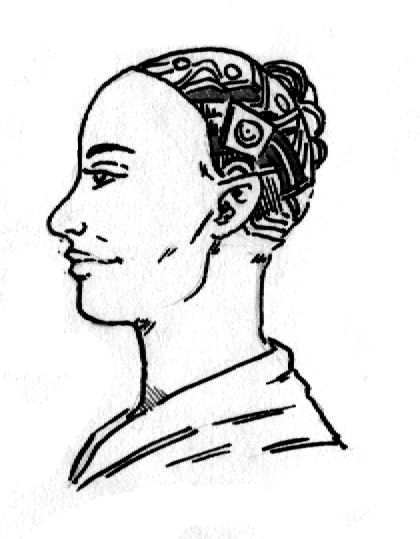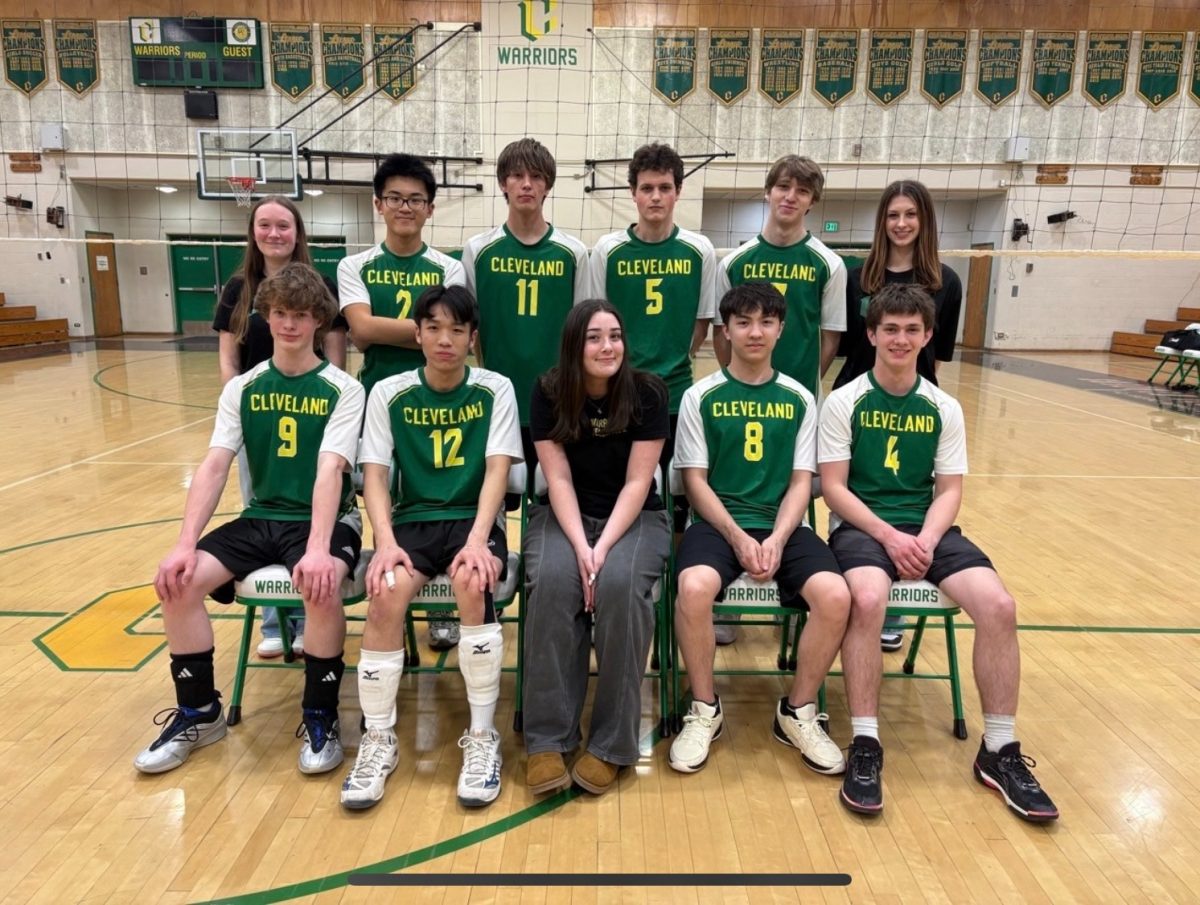The Ripple Effect of Robot Citizenship

Jacquelyn Johnson graphic
December 12, 2017
Brace yourselves because our weird and wonderful world has thrown us yet another curveball. For the first time in history, a robot received citizenship of a country. On Oct. 25, Sophia, a humanoid robot developed by Hong Kong’s Hanson Robotics, was granted Saudi Arabian citizenship at the Future Investment Summit in Riyadh — meaning robots can now have nationalities.
Chew on that one for a second.
Of all the crazy things that have happened over the last couple years, this was rather abrupt. It raises many ethical issues involving citizenship, women, and the future of robots. The water droplet has hit the pond, and the ripples are swelling. There is no turning back.
None of this would be as bone-chilling if Sophia didn’t appear so human. She was “activated” on April 19, 2015. Actress Audrey Hepburn served as the model for her face and body. Compared to robot models of the past, her looks and behavior are eerily similar to ours. She is able to imitate human gestures and facial expressions, and can hold a conversation on a predetermined topic.
Sophia was apparently human enough to become a Saudi citizen, which is troubling when you think of all the human beings who don’t have a country to call home. As of June 2017, the worldwide displacement figures were at an all-time high: 65.6 million people were forcibly displaced, almost 22.5 million were refugees, and 10 million were stateless. All of those statistics are important to consider, but the last one matters most. Stateless people are not recognized as a citizen of any country, and are therefore denied education, healthcare, employment, and freedom of movement. A nonhuman has access to several human rights that 10 million humans do not. It is saddening to think that we, as humans, have prioritized a robot over our own kind.
Another issue that arises with Sophia’s Saudi Arabian citizenship is the country’s treatment of women. Saudi Arabia’s history of human rights, especially in regards to women, has been a controversial one. In 2012, the country sent female athletes to the London Olympics for the first time in the country’s 80-year history. Two years ago, women were allowed to vote in municipal elections for the first time, and were granted the right to drive on Sept. 26 of this year, another first. However, the list of restrictions is still long. All Saudi women have a wali, a male guardian who needs to consent whenever a woman makes a major decision, such as traveling, getting a passport, and marrying or divorcing someone. The majority of the female population wears an abaya, or long cloak, plus a hijab. Women can be harassed by the religious police if they are believed to be showing too much flesh or wearing too much makeup. It is interesting to note that Sophia did not wear a hijab or an abaya to the summit. Given that Saudi Arabia has regulated the rights of its women so harshly, it’s ironic that the country granted citizenship to a feminine robot. What is the social hierarchy now? Does it go men, robots, then women?
Now that Sophia is a citizen, it raises the question of how robots will coexist with humans as a part of society. That alone brings up many other questions. Will she be able to vote? Who will make the decision, her or her creators? If she makes the decision, why is a robot allowed to vote on human matters? If her creators make the decision, why are they allowed to vote in another country in which they may not have citizenship? What about reproduction? Over the summer, students at North Dakota State University made a robot capable of self-replicating itself using 3D printing. If self-replicating robots follow Sophia and become citizens of a nation, what is stopping them from potentially exceeding the human population of that nation? Then the right to vote becomes extremely important because robots would be able to create massive changes in society, which would put humans in an awkward situation. Sophia’s citizenship is creating a moral rabbit hole.
In a time when strange occurrences are beginning to feel normal, Sophia the robot obtaining Saudi Arabian citizenship was yet another unexpected turn. It differs from other unprecedented events because it is so controversial. Never before has a nonhuman been granted something that so many humans lack. This alone calls for every human being to take a step back and think. It is time for us, not as individuals, but as a species, to decide who (or what) is truly important.















